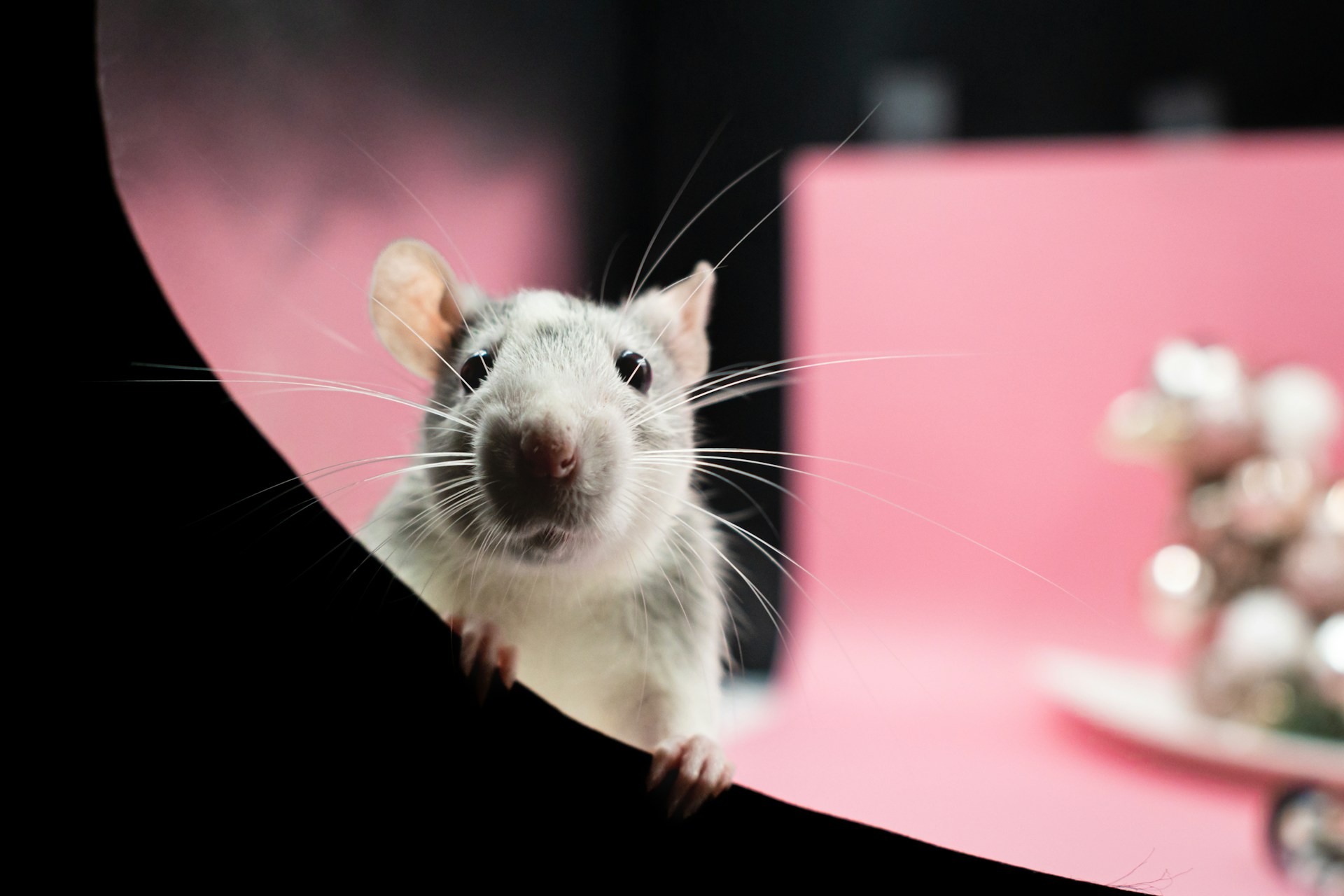Why do we change accents in different situations? Photo credit: Jiaqi Ding via The Oxford Scientist
If, like me (and the rest of the nation), you kept up with BBC’s The Traitors, you may have wondered why Charlotte decided to fake a Welsh accent for the entire series. Charlotte claimed that the accent was to make her appear more trustworthy – more importantly, was she right?
Code-switching refers to people changing their ‘code’ depending on who they are talking to. In this case, ‘code’ may refer to language, accent, or even body language. We all code-switch, whether changing our language expression when talking to our friends compared to our tutors, or going between home and university. Code-switching allows us to fit into multiple groups, as well as use the code’s stereotypes to our advantage.
In this case, ‘code’ may refer to language, accent, or even body language.
Besides the evidence that Charlotte made it to the final episode, several substantial studies suggest that some accents are associated with certain traits. For example, the Scottish accent has long been considered the UK’s most trustworthy accent, and is often sought by advertisers and marketers. However, according to the Sutton Trust, 47% of university students from the north of England say their accent has been criticised or mocked. Accent bias is especially widespread in the UK, with accents being one of the primary indicators of socioeconomic status. As a result, accents play a large role in first impressions, leading to bias in job interviews and even court settings. Research from Northumbria University revealed that northern accents are associated with being less ambitious and less intelligent, whilst southern speakers are thought to be the opposite. It isn’t all bad news – northerners are also affiliated with being friendly, honest, and outgoing. There is also bias in the other direction: Sir Jacob Rees-Mogg who stood for MP in Fife, Scotland, and lost by a landslide, claimed that it was a result of his posh accent branding him as an outsider (although I can think of other reasons). He later said, “I gradually realised that whatever I happened to be speaking about, the number of voters in my favour dropped as soon as I opened my mouth.”
Accent bias is especially widespread in the UK, with accents being one of the primary indicators of socioeconomic status.
Being from Yorkshire, accents definitely played a large role in my school life. I remember being in a Year 9 Drama class when our (southern) teacher gave us an impromptu speech about how we shouldn’t let our “flat northern vowels” hold us back in life. Later, in sixth form, it was apparent that people had largely applied to northern universities. We even had a UK map pinned up in the corridor that showed all the universities the students of the previous year had gone to, and they may as well have cropped out anywhere below Birmingham. For context, I’m no Jodie Whittaker or townsperson from Wallace & Gromit — if anything, I appreciate that I have a fairly underwhelming northern accent. Regardless, each time I call my parents from Oxford, they tell me I sound more southern, and vice versa when I first come back to Oxford after the vac. This isn’t a conscious change and is more likely me mirroring the person I’m talking to. From an evolutionary perspective, mimicry shows a clear purpose – it demonstrates empathy, helps us to blend in socially, and increases our chances of being accepted.
From an evolutionary perspective, mimicry shows a clear purpose – it demonstrates empathy, helps us to blend in socially, and increases our chances of being accepted.
Code-switching isn’t only about accents, but also refers to shifts in language. There is evidence to suggest that multilingual people have different personalities when speaking different languages. This is especially true for languages with large shifts in culture. Studies were conducted on participants whose native tongue is Spanish but learnt American English in early childhood. It was found that these Spanish-English bilinguals were perceived as more extroverted and easy-going in English, reflecting the stereotyped personality traits associated with American culture. There was even evidence to suggest that these traits were picked up from those who taught them English. There are thought to be two reasons that contribute to this — first, the ability to express yourself in the language, and second, the culture associated with the language.
Being able to express yourself depends on the extent of vocabulary that exists in the language. For example, in the UK we have over 100 ways to say that it is raining, allowing us to respond effectively. Similarly, different languages have varying vocabulary ranges when it comes to emotions. This could lead to the alternating personalities seen in bilinguals, with some languages allowing you to express a certain trait or emotion better than others. Many languages have words for particularly niche emotions, including awumbuk in Papua New Guinea (emptiness once guests leave), kaukokaipuu in Finland (homesickness for somewhere you’ve never visited) and the German sehnsuch (yearning for an alternative life). It is thought that these words emerge based on the culture of the country. This leads to the second idea, that personality switches depending on the culture associated with the language spoken. When we are speaking a particular language, it is more than likely that we are talking to native speakers of that language. As a result, like shifting accents, a person’s personality may shift to accommodate the cultural norms of the country. Again, there is also a similar evolutionary benefit to this — historically, being able to fit into a tribe was far more advantageous than trying to make it alone.
To summarise the evolutionary advantages of code-switching in people, employing this technique allows us to appear empathetic, belong to multiple groups, or move between groups. Being able to exploit these traits would have been incredibly advantageous to early humans, for whom survival heavily depended on the support of a tribe. It can also be expected, therefore, that these benefits must also apply to other social animals. So, what about the animal kingdom – are some animals able to shift language/accents in the same ways humans can? Many animals are shown to have regional differences in communication, including farmers’ accounts that herds of cows moo differently across the UK, or that ‘Cockney’ ducks in London have a harsher and louder quack. Additionally, some species even have almost entirely different ‘languages’ — famously, orcas have different dialects between family groups. Researchers showed that animals can learn these regional differences. When a group of chimpanzees moved from a Netherlands safari park to an existing group in Edinburgh Zoo, they changed their calls to match the Edinburgh group. Like humans evolving code-switching, the chimpanzees had two choices: either adapt to the norms of the group, or become an outsider. Adaptation is especially necessary for species where communication is key to finding a mate. Many songbirds have regional accents as a by-product of living apart. However, females are more likely to mate with a local male than an outsider, as the local male will likely have greater knowledge of the area and therefore be able to source more food for any chicks. This has had major consequences for reintroduction and conservation attempts.
Adapting accents to influence perception and fit in is a long-used tactic in both people and animals.
Returning to Charlotte from The Traitors, there may well be advantages to switching out a London accent for a Welsh one. Adapting accents to influence perception and fit in is a long-used tactic in both people and animals. Whilst a Welsh accent may have been enough to get her to the final episode, it unfortunately wasn’t enough to secure her a cut of the cash. Regardless, Charlotte will go down in Traitors’ history for executing one of the riskiest – and, in my opinion , most successful – gameplays yet.





